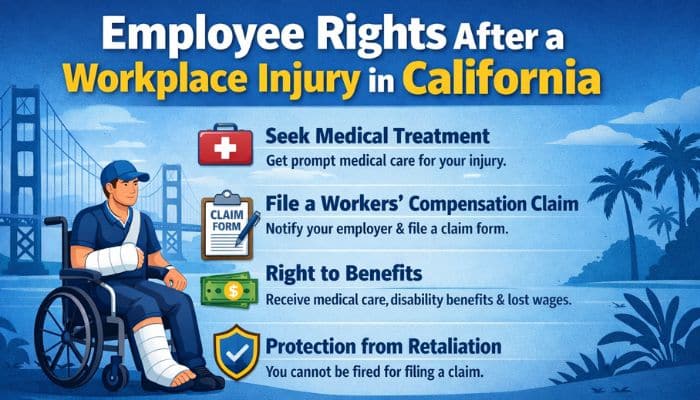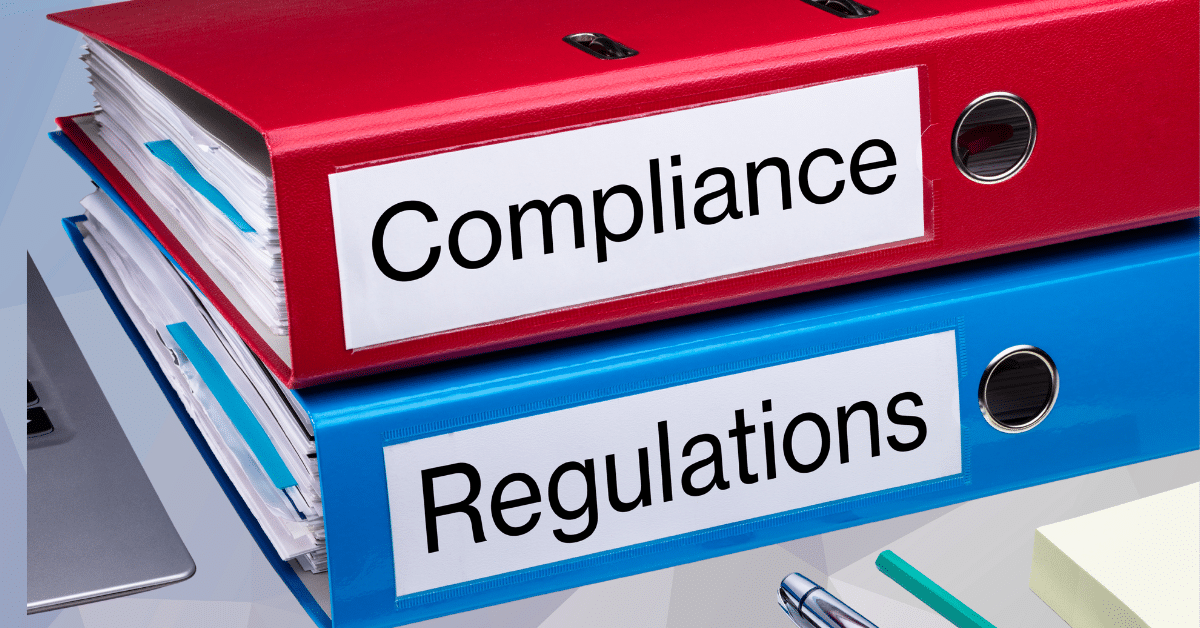Workplace stress comes in many forms and is but inevitable. No one has ever succeeded fully evading it in his lifetime. It’s actually normal to feel work pressure every once in a while, but when one is chronically stressed, it has to be addressed shortly.
While several countries have enforced legal responsibilities to organizations in dealing with workplace stress, it is not a corporate accountability alone. Both the organization and its employees are held liable for the stress the employees are suffering from.
Here are the top reasons why you need to ensure your employees are free from stress in the workplace.
Stress Reduces Employee Productivity
Employees who are stressed are less effective compared to people who have their stress under control.
Chronic stress creates slackers in the workplace, affecting the team’s performance in the long run. Stress management, on the other hand, keeps people productive and increases the team’s relationship and morale.
Stress Leads to Poor Decision-Making
When an individual is stressed, there is a lesser chance of making a sound decision. Because workplace stress causes people to become demotivated and underproductive, this triggers mistakes from happening.
This is a big risk for the organization because employees need to be consistently reliable.
This is especially true to roles having interface with external stakeholders where the integrity of the organization is at stake. You don’t want anybody from your team giving the incorrect information which may drive clients away.
Chronic Stress Causes Physical and Mental Illnesses
Stress is our body’s natural alarm system against external threats. As a response, our heart rate and blood pressure increases in order to “prepare” our body from fighting the possible threats. This is what we call the “fight or flight” response. Facing stress from time to time will have no adverse effect
Facing stress from time to time will have no adverse effect to our bodies. But once stress becomes chronic, it programs our body to constantly react as if there’s always a threat around the corner.
Our body will perpetually be on defense mode against the threats, thereby no longer functioning normally. In turn, we complain of illnesses that are not normal to us. Headaches and stomachaches become more frequent, we are suddenly unable to sleep soundly at night, we are always anxious, our blood pressure is erratic, and the list goes on and on.
Bottom line, too much stress is unhealthy and must be avoided at all costs.
Unhealthy Workplace Relations
When employees are stressed, they tend to perform less than they should. They come in ill-tempered even when they don’t mean to. This causes conflict in the workplace and becomes the reason why relationship among team members is sullied. As a business leader, you must ensure that significant conflicts are resolved within the team before it explodes into something that can impact the day to day operations, thus affecting the business.
As a business leader, you must ensure that significant conflicts are resolved within the team before it explodes into something that can impact the day to day operations, thus affecting the business.
Stress Triggers High Staff Turnover
Those who are chronically stressed in the workplace are hardly satisfied with their jobs. There are a number of reasons why occupational stress occur and include unreasonable workload, having to put in more hours, unhealthy relationship among team members, poor management, and inadequate benefits.
These factors lead to dissatisfaction which later on leads to employees looking for other opportunities. While these complaints can be resolved, they need to be addressed within reasonable time or at least before the employees are worn out.
In general, occupational stress must not be ignored. While it seems harmless to the business at first, recurring stress leads to risks and unnecessary costs in the business. It is important to proactively resolve these problems at the onset rather than jeopardize business processes and operations due to poor working environment.
Although not completely unavoidable, you must ensure that the wellbeing of your employees is given focus. Being able to distinguish the factors that cause workplace stress and putting together programs that help decrease the pressure result to happier, more productive employees.
When is workplace stress too much for an employee?
Stress isn’t all evil. A little stress will help employees remain focused, optimistic, and ready to face new workplace challenges. Its what keeps them on their toes during a presentation or warning to avoid injuries or costly errors. But too often, in today’s hectic world, the workplace feels like an emotional roller coaster.
Long hours, tight deadlines, and ever-increasing demands will leave you anxious, overwhelmed, drained. And when stress exceeds their capacity to cope, it stops being helpful and starts destroying their mind and body — and their job satisfaction.
You can’t manage anything about the work environment, but that doesn’t mean they become helpless even in a tough situation. If the stress on the job interferes with success, wellbeing, or personal life, it’s time to take action. Whatever they do for a living, what their goals are, or how stressful the job is, there are plenty of things they can do to-their overall stress levels and regain power at work.
Simple Ways to Reduce Stress in the Workplace
A great manager is one who not only understands the problem but seeks solutions to solve it. To minimize workplace stress and make it more conducive, here are several strategies to help minimize workplace stress.
- Set clear (or even clearer!) goals
- Encourage mindfulness and meditation in your team
- Provide a flexible work environment for your employees
- Encourage employees to move away from the task. Whether that be exercising, such as yoga, or a gym.
- Create sufficient break times into their workday.
- Encourage the use of private workspaces so they can focus.
- Create boundaries around time outside of work.
- Make sure people performing the right roles and do not stack or overload work outside of their job description.
References:
https://www.skillsyouneed.com/ps/workplace-stress.html
https://www.employee-motivation-skills.com/stress-management-in-the-workplace.html
https://www.forbes.com/sites/lisaquast/2011/09/26/the-importance-of-proactively-managing-workplace-stress/#3b5638cf6648

















